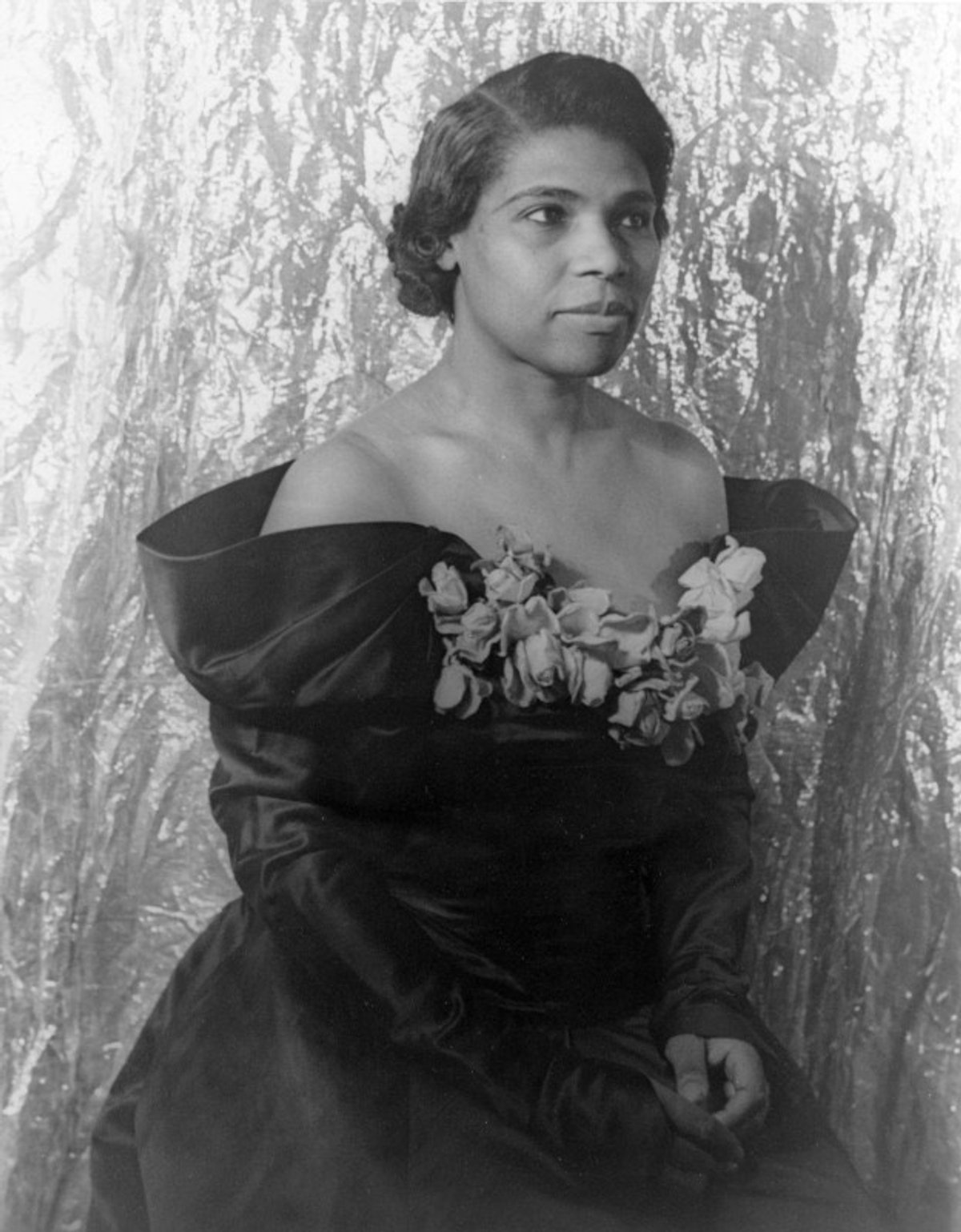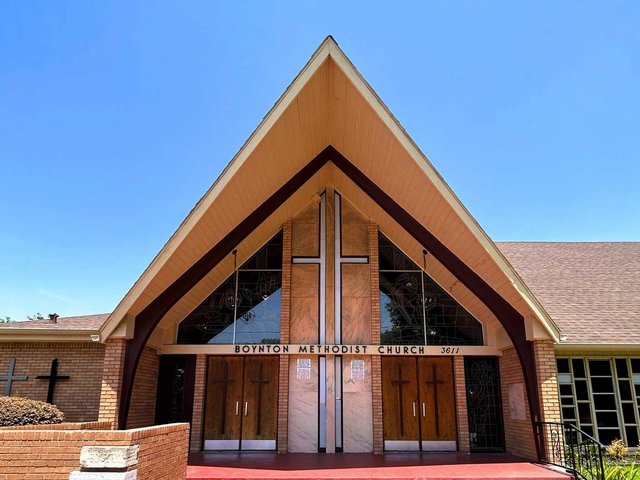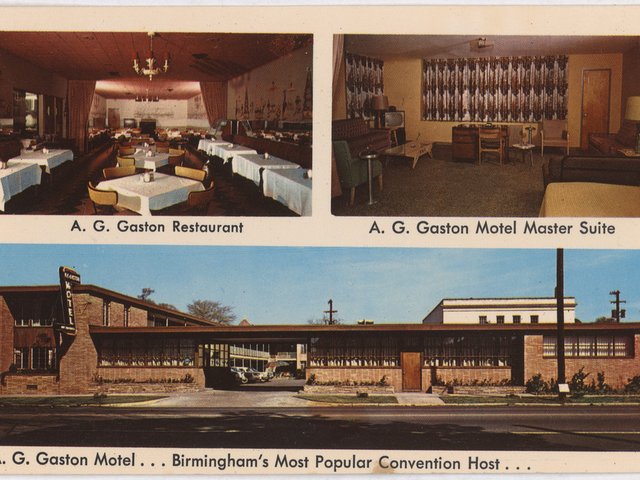The African American Cultural Heritage Action Fund, a grant programme overseen by the National Trust for Historic Preservation (NTHP) in Washington, DC, has announced grants totalling $3m to help preserve 40 historical landmarks that are little-known but “demonstrate centuries of African American resilience, activism and achievement”, says Brent Leggs, the executive director of the fund.
Among the recipients, the Fort Monroe Foundation in Virginia will commission a public memorial honouring the first enslaved Africans taken to the British colonies in 1619, while the National Marian Anderson Historical Society and Museum in Philadelphia, Pennsylvania, will renovate the home of the late opera singer, known for her 1939 performance in the then-segregated Constitution Hall in the US capitol, which the Daughters of the American Revolution attempted to cancel.
“Some of their stories are known, and some are yet untold,” Leggs says. “Together they help document the true, complex history of our nation.”
The funding programme was launched in 2017 following the deadly Unite the Right rally in Charlottesville, Virginia, centered on a statue of the Confederate General Robert E. Lee, which was removed from public view last week. It was envisioned to “carry the national narrative beyond Confederate heritage, make a bold commitment to celebrating the overlooked contributions of the African American community and to make an important and lasting contribution to the cultural landscape”, according to a statement by the NTHP.
Since its inception, the programme has raised around $50m and has supported more than 100 historic places, with a total investment of $7.3m. It has been primarily funded by the Ford Foundation, the Andrew W. Mellon Foundation and the JPB Foundation, but doubled in size this year with a $20m gift from the philanthropists MacKenzie Scott and Dan Jewett.





